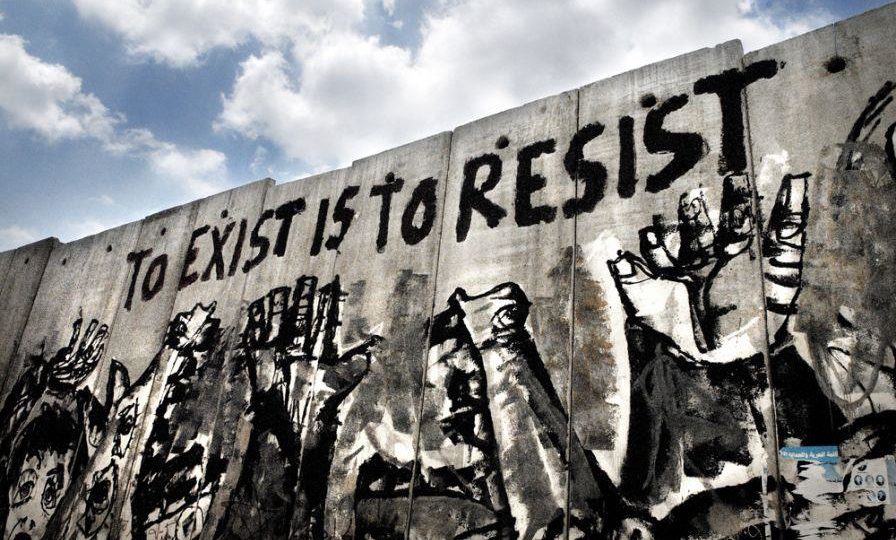Disclaimer: Article contains content that may be offensive or unsuitable for minors.

For a little while, I felt surprised after reading the (very pale) list of Oscar nominees.
I had watched Straight Outta Compton and heard great things about colored actors in Creed. I read about Idris Elba in Beasts of No Nation, and loved watching Oscar Isaac in Ex Machina. So many actors of color had great performances this year, and none of them received any recognition from the Academy.
Straight Outta Compton was nominated for one award: Best Screenplay. Two white people write the screenplay of a movie about gangster rap and they’re the only ones who are acknowledged for their work. Sylvester Stallone, one of the only white main characters was nominated for his role in Creed despite incredible performances by Michael B. Jordan and Tessa Thompson.
This is not a new problem.
The Academy has an insidious history of only praising movies cast, produced, directed, written, adapted, and performed by white people. Each year they face criticism for their homogeneous population of nominees when numerous actors of color deserved recognition for their performances, and each year we hear the same story.
In 2014, 12 Years a Slave received three Oscars, and seemingly, the Academy feels that is enough.

The 94% white, 76% male group of people seems to have decided that their decisions in 2014 will carry them for a few years until they’ll be obligated to award nonwhite actors, producers, directors, and writers for their work again.
I couldn’t find a picture of the Academy, but here’s a picture of a rally for Donald Trump. I’m sure the images are basically the same.
The whiteness… it’s almost blinding…
Many celebrities of color have spoken out about the pattern of exclusion and reacted differently. Spike Lee and Jada Pinkett Smith both plan to skip attending and watching the event. Chris Rock, the host of the 2016 Oscars, dubbed the night “The White BET Awards.” Idris Elba posed critical questions in an interview, asking viewers to analyze the casting of women, actors of color, LGBT+ people and disabled people.
These responses are all valid and important, and encourage us to consider how we consume media and what we choose to watch, listen to, read, experience. Many people choose to watch movies based on the Academy’s recommendation, but the overwhelmingly white and male board may enjoy different media than a queer woman of color, or a trans man with a disability. If the Academy isn’t willing to acknowledge underrepresented artists in film-making, we cannot rely on the Oscars to provide an exhaustive list of movies worth watching.
So what if we just stopped acknowledging them?
What if we sought out other movies to watch that include all kinds of people?
Various Internet sources have compiled lengthy lists of LGBT+ films, movies by and about women, movies directed by non-western women, films about disabilities, and so many more. A quick Google search will yield innumerable results of little-known movies that address all sorts of issues.
I’ve recently began this habit and I have already watched incredible movies. I’ve seen Mississippi Masala, which tackles anti-black attitudes among South Asian culture and more, Pariah, which portrays a young queer woman of color navigating her sexuality and tradition, and The Black Power Mixtape, which documents the evolution of the Black Power Movement.

Queen, SLC Punk!, Dear White People, and Gulaab Gang portray beautiful stories of non-heteronormative people, too.
Assume an active role in your media consumption. Take every opportunity to decolonize your mind by valuing nonwhite, non-heterosexual, non-western art.
The idea of “decolonizing our minds” comes from writings of the author, feminist and social activist bell hooks. She encourages us to critically examine every thought and action, free ourselves from the coercive ideologies, and overcome the impacts of structural oppression. This bimonthly column will analyze spaces and times where and when we can pause and make strides in this arduous process, and also highlight figures who are helping us to decolonize ourselves.


